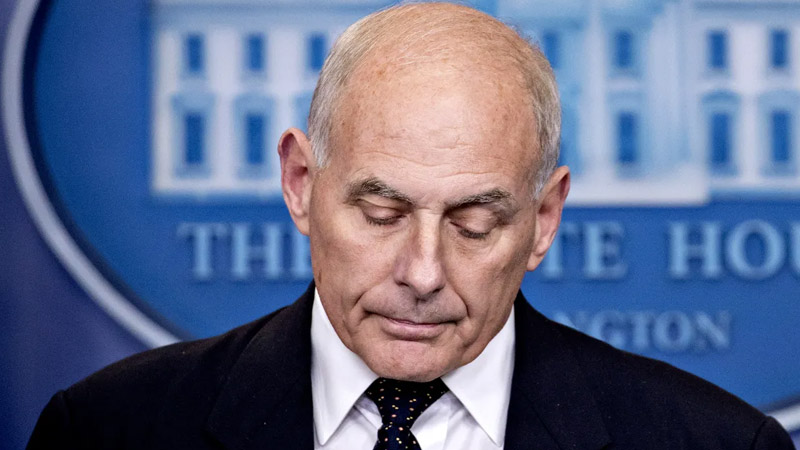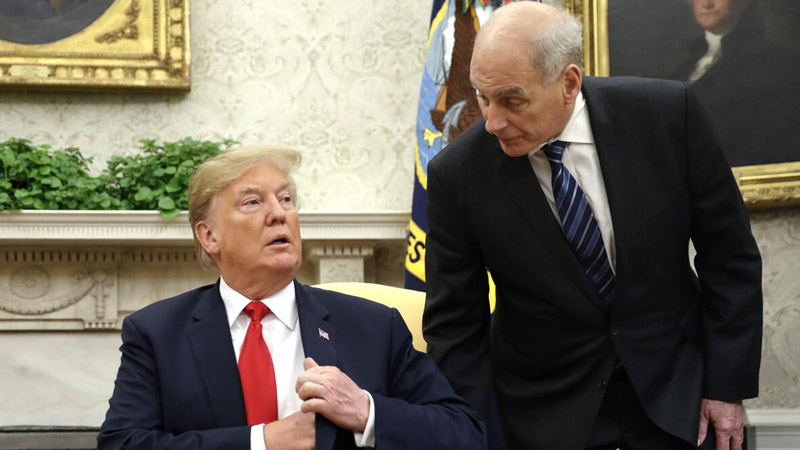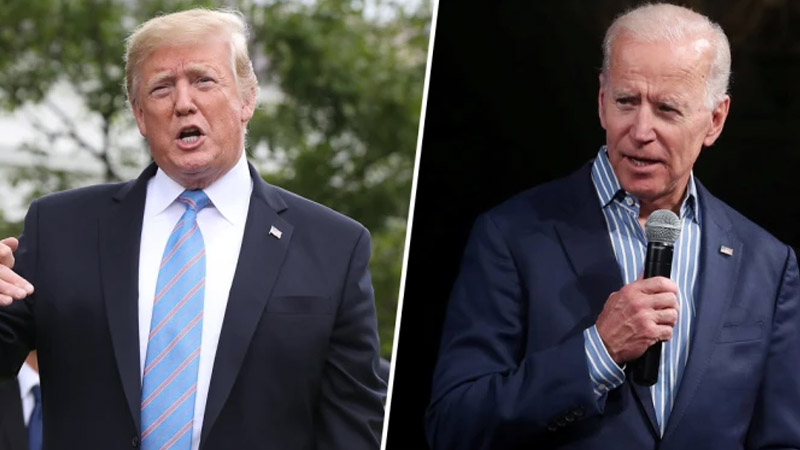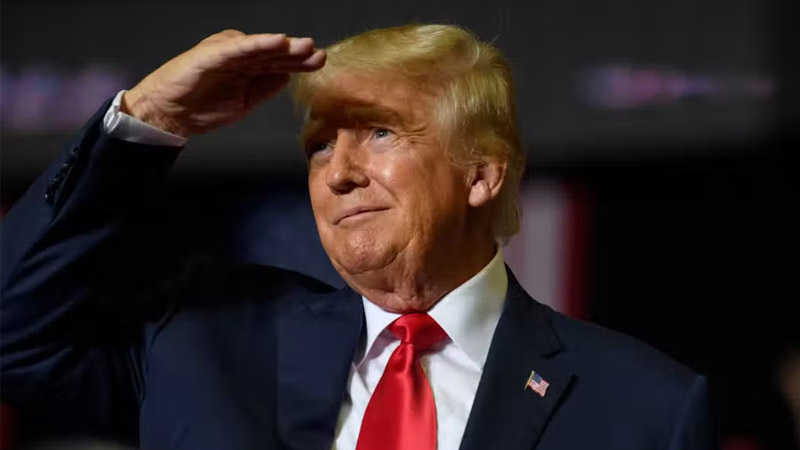John Kelly’s Criticism of Trump Could Suppress Conservative Vote in Tight Races, Says Bush Campaign Official

Photograph by Geoffroy Van de Hasselt / AFP / Getty
A former campaign official for George W. Bush believes that while General John Kelly’s recent comments about Donald Trump may not drastically shift voter preferences, they could still have a significant impact in tight races by suppressing conservative turnout.
The remarks came after a bombshell interview with Kelly, Trump’s former chief of staff, was released, in which Kelly openly expressed his disgust with the former president. This was followed by another report from The Atlantic, revealing shocking details about Trump reneging on his promise to cover the funeral costs for the family of a slain Army private.
The timing of these revelations has drawn attention to the potential impact they could have on the upcoming election. “It casts a light on sort of the — just the base corrupt, you know, disgusting nature of Donald Trump, who does nothing except for self,” said Matt Dowd, the chief strategist for Bush’s 2000 campaign. “And a person in the military, especially someone that’s given a sacrifice, lost a limb, lost a loved one, it shines such a bright light on who Donald Trump is, and he knows that.”
Dowd, recalling the impact of the infamous “October Surprise” during Bush’s 2000 campaign, when a 24-year-old DUI charge against Bush was made public, drew parallels between that event and Kelly’s comments. At the time, the DUI revelation didn’t necessarily shift voters from supporting Bush to supporting Al Gore, but it did affect voter motivation, particularly among conservatives concerned with character.

“That DUI information — and this is why I counsel people to observe what this could do — it’s not going to shift people from a Trump voter to a Harris voter,” Dowd explained. “What it’s likely to do is the same thing that happened with the DUI.”
Dowd recounted how his team conducted polls in Ohio, Florida, and Michigan to gauge the effect of the DUI news on the race. The findings were dramatic. “What changed was people’s motivation to vote,” he said. “There was about a 6% or 7% drop among conservatives and Republicans to vote for George W. Bush. And it took Michigan from a tie-state to a state we were losing in a matter of 72 hours. It took Ohio from a comfortable state to a state we were barely winning. And it took Florida from a state that we were winning by one or two to a state that was tied. All of that happened over the course of three or four days.”
According to Dowd, Kelly’s scathing comments about Trump could have a similar effect. While they may not convince diehard Trump supporters to vote for Vice President Kamala Harris, they could demotivate some conservatives, particularly in close races where voter turnout is key. He suggested that further comments from military officials could compound this effect, especially in battleground states where the polls are currently tight.
In such scenarios, even a small shift in voter motivation could determine the outcome, particularly in key swing states. Dowd’s insights highlight the potential for unforeseen factors like these to sway tight elections, much like the DUI revelation did during the 2000 race.


